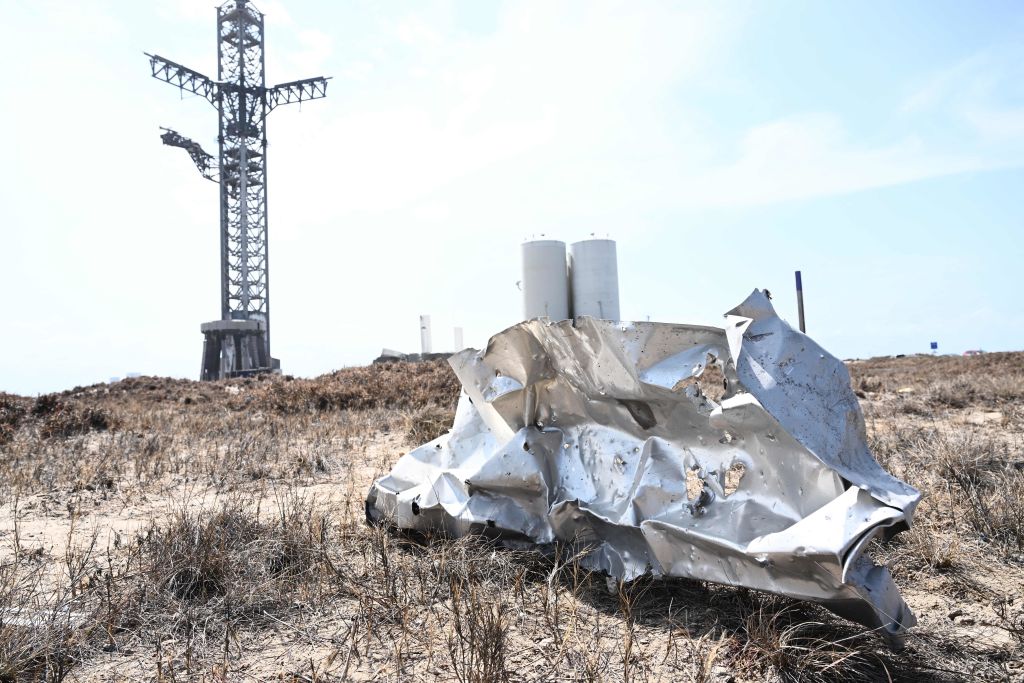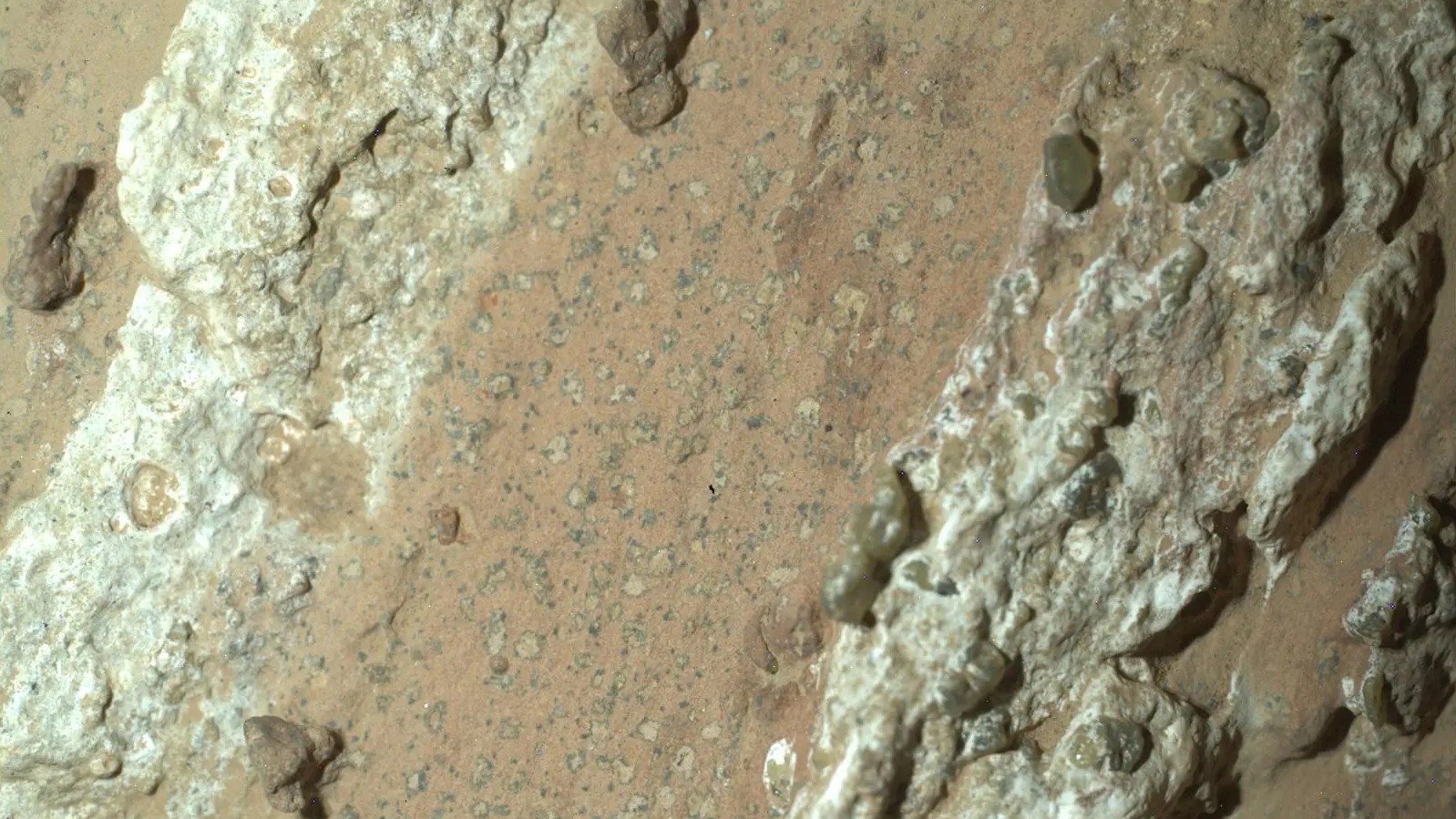FAA sued by environmental groups over SpaceX launch


A free daily email with the biggest news stories of the day – and the best features from TheWeek.com
You are now subscribed
Your newsletter sign-up was successful
Environmental groups filed a lawsuit Monday against the Federal Aviation Administration (FAA), alleging the agency broke federal conservation acts when it allowed the launch of SpaceX's Starship rocket last month.
The lawsuit, filed in Washington, D.C., district court, alleges that the FAA did not conduct an in-depth environmental study on the potential effects of the rocket — the heaviest ever assembled. The launch, which took place in Boca Chica, Texas, on April 20, resulted in the explosion of Starship. While the ship was unmanned, the explosion caused concrete, metal, and debris to be spewed thousands of feet into environmentally protected areas. A 3.5-acre fire also broke out in a nearby state park as a result, CNBC reported.
The FAA allegedly authorized the Starship launch "without complying with bedrock federal environmental law, without fully analyzing the significant environmental and community impacts of the Space X launch program — including destruction of some of the most vital migratory bird habitat in North America — and without requiring mitigation sufficient to offset those impacts," the lawsuit wrote. The suit also notes that the area around the launch site is home to environmentally protected species such as ocelots.
The Week
Escape your echo chamber. Get the facts behind the news, plus analysis from multiple perspectives.

Sign up for The Week's Free Newsletters
From our morning news briefing to a weekly Good News Newsletter, get the best of The Week delivered directly to your inbox.
From our morning news briefing to a weekly Good News Newsletter, get the best of The Week delivered directly to your inbox.
The lawsuit was filed on behalf of five environmental groups. One of them, the Center for Biological Diversity, said in a statement it was "vital that we protect life on Earth even as we look to the stars in this modern era of spaceflight."
The FAA had conducted a less-stringent study prior to the launch, but reported that Starship would have no impact on the environment. SpaceX founder Elon Musk also said after the explosion there had "not been any meaningful damage to the environment." This is despite Musk previously calling Starship "a box of grenades" that would probably explode.
The FAA has not commented on the lawsuit.
A free daily email with the biggest news stories of the day – and the best features from TheWeek.com
Justin Klawans has worked as a staff writer at The Week since 2022. He began his career covering local news before joining Newsweek as a breaking news reporter, where he wrote about politics, national and global affairs, business, crime, sports, film, television and other news. Justin has also freelanced for outlets including Collider and United Press International.
-
 Local elections 2026: where are they and who is expected to win?
Local elections 2026: where are they and who is expected to win?The Explainer Labour is braced for heavy losses and U-turn on postponing some council elections hasn’t helped the party’s prospects
-
 6 of the world’s most accessible destinations
6 of the world’s most accessible destinationsThe Week Recommends Experience all of Berlin, Singapore and Sydney
-
 How the FCC’s ‘equal time’ rule works
How the FCC’s ‘equal time’ rule worksIn the Spotlight The law is at the heart of the Colbert-CBS conflict
-
 NASA’s lunar rocket is surrounded by safety concerns
NASA’s lunar rocket is surrounded by safety concernsThe Explainer The agency hopes to launch a new mission to the moon in the coming months
-
 Blue Origin launches Mars probes in NASA debut
Blue Origin launches Mars probes in NASA debutSpeed Read The New Glenn rocket is carrying small twin spacecraft toward Mars as part of NASA’s Escapade mission
-
 Dinosaurs were thriving before asteroid, study finds
Dinosaurs were thriving before asteroid, study findsSpeed Read The dinosaurs would not have gone extinct if not for the asteroid
-
 Africa could become the next frontier for space programs
Africa could become the next frontier for space programsThe Explainer China and the US are both working on space applications for Africa
-
 NASA reveals ‘clearest sign of life’ on Mars yet
NASA reveals ‘clearest sign of life’ on Mars yetSpeed Read The evidence came in the form of a rock sample collected on the planet
-
 Canyons under the Antarctic have deep impacts
Canyons under the Antarctic have deep impactsUnder the radar Submarine canyons could be affecting the climate more than previously thought
-
 SpaceX breaks Starship losing streak in 10th test
SpaceX breaks Starship losing streak in 10th testspeed read The Starship rocket's test flight was largely successful, deploying eight dummy satellites during its hour in space
-
 Rabbits with 'horns' sighted across Colorado
Rabbits with 'horns' sighted across Coloradospeed read These creatures are infected with the 'mostly harmless' Shope papilloma virus
